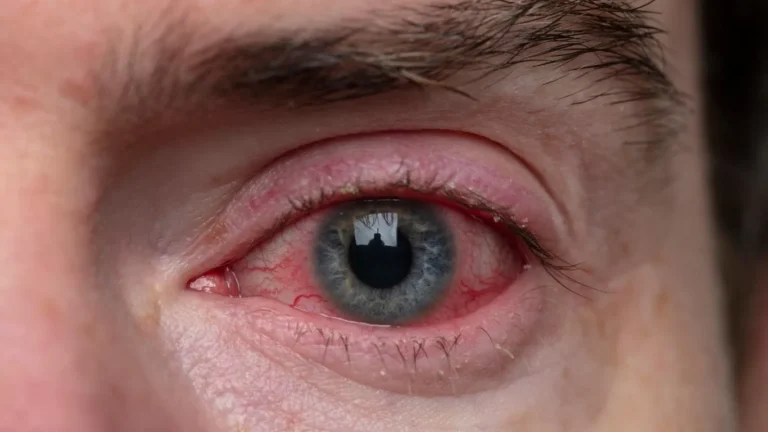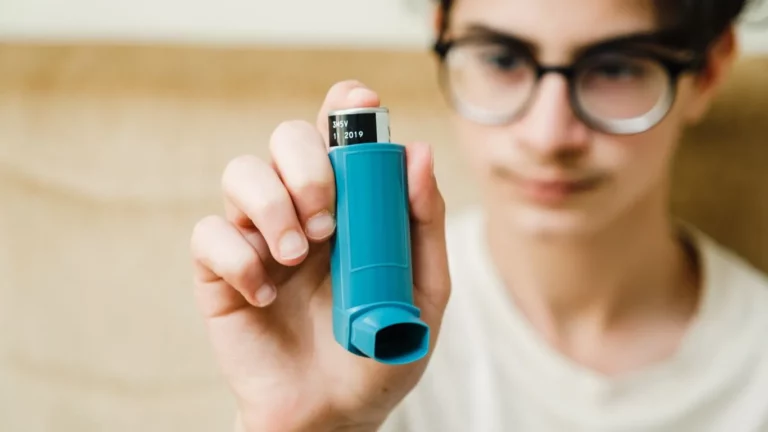Morning Asthma Symptoms Relief: What You Can Do
Waking up with asthma symptoms can be one of the most frustrating things. The tight chest, wheezing, or feeling like you’re short of breath first thing in the morning can really throw off your whole day. If this sounds familiar, don’t worry—you’re not alone. Many people with asthma experience worse symptoms in the mornings, and there are a bunch of things you can do to make those mornings smoother.
In this guide, we’ll go over why morning asthma can be such a challenge, plus some of the best relief strategies to help you start your day on a better note.
Why Does Asthma Get Worse in the Morning?
If your asthma symptoms seem to worsen in the morning, it’s not just in your head. A few things can contribute to this, like the body’s natural circadian rhythms or changes in temperature and humidity at night. Plus, when you’re sleeping, your airways naturally tend to narrow, making it harder to breathe when you first wake up. So, if you’re dealing with this kind of early-morning struggle, it’s pretty common.
But no need to worry—there are a bunch of things you can try to help minimize those symptoms and feel better when you open your eyes.
1. Use Your Inhaler or Medication Right Away
If your doctor has prescribed a rescue inhaler or long-term medication, make it a habit to take it right when you wake up. This will help open up your airways and get you breathing easier before you start your day.
If you’re on daily maintenance meds like an inhaled corticosteroid or a bronchodilator, make sure you’ve been consistent with them. Skipping doses can make asthma harder to manage, especially during times when it’s most vulnerable—like in the morning.

2. Keep Your Bedroom Allergy-Free
If allergies are part of your asthma struggles, your bedroom could be a major factor. Dust mites, pet dander, or mold can all trigger asthma symptoms. So, make sure your room is as allergen-free as possible. Try these tips:
- Use dust-mite-proof covers on pillows and mattresses.
- Wash your bedding regularly in hot water.
- Keep pets out of the bedroom (or at least off the bed).
- Vacuum often (and use a HEPA filter if possible).
- Use a dehumidifier if mold is a concern.

These small changes can make a big difference in how you feel when you wake up.
3. Stay Hydrated
Believe it or not, dehydration can actually make asthma symptoms worse. When your body is dehydrated, your airways can get irritated and more prone to tightening. So, even though it’s the last thing you want to think about in the morning, try drinking a glass of water as soon as you wake up.
Staying hydrated throughout the day can also help keep your airways moist and prevent them from becoming dry and irritated, especially in the colder months.
4. Consider Using a Humidifier
If the air in your room is dry, it could make your asthma worse in the morning. Dry air can irritate your lungs and airways, making you more likely to experience wheezing and shortness of breath. A humidifier can add moisture to the air and help you breathe more easily, especially during winter when the heating systems tend to dry out the indoor air.

5. Try Breathing Exercises
A great way to manage asthma symptoms in the morning is to do some gentle breathing exercises. You can practice techniques like pursed-lip breathing or diaphragmatic breathing, which help you take slow, deep breaths and improve airflow to your lungs. Doing this for just 5 to 10 minutes after waking up can give you relief and help keep your airways open.
6. Avoid Triggers Before Bedtime
If you want to minimize morning symptoms, the evening is the best time to focus on your asthma triggers. Avoid things that can irritate your lungs, like:
- Smoking or exposure to second-hand smoke
- Strong perfumes or scents
- Eating large meals close to bedtime (as this can worsen acid reflux, which can trigger asthma)
- Exposing yourself to allergens like pollen, mold, or pet dander
By being mindful of these triggers before going to bed, you can wake up feeling much better.
7. Check Your Asthma Action Plan
It’s always a good idea to have an asthma action plan in place. This is a personalized document that outlines what to do in case your asthma symptoms worsen. It should include:
- Emergency contacts for your doctor or emergency services
- Medication dosages and instructions
- Signs that your asthma is getting worse and when to seek help
Having this plan in place can give you peace of mind, knowing exactly what steps to take if you feel like you’re struggling to breathe.
Conclusion
Morning asthma symptoms can be tough, but there are plenty of ways to manage them so you can feel better and start your day with confidence. Whether it’s using medication, making your bedroom more allergen-free, staying hydrated, or doing breathing exercises, these strategies can go a long way in helping you feel better each morning.
With the right approach, you can take control of your asthma and enjoy your mornings more, without feeling like your symptoms are holding you back.
Appendices
References
- National Asthma Education and Prevention Program. (2022). Asthma Care Quick Reference. NIH
- Smith, J., & Johnson, A. (2024). Managing Asthma Symptoms: A Practical Approach. American Journal of Respiratory Care, 39(5), 123-131.
- Asthma and Allergy Foundation of America. (2023). Morning Asthma and How to Manage It. AAFA
FAQs
- Why does asthma get worse in the morning? Your airways naturally narrow during the night, and the colder air in the morning can trigger your asthma symptoms.
- What’s the best way to manage morning asthma symptoms? Using your inhaler, staying hydrated, keeping your room allergen-free, and practicing breathing exercises are some effective strategies.
- Can allergens make my asthma worse in the morning? Yes, allergens like dust mites and pet dander can trigger asthma symptoms, so keeping your bedroom clean is essential.
- When should I see a doctor about my asthma symptoms? If your symptoms are getting worse despite medication or affecting your quality of life, it’s a good idea to consult your doctor.
- What can I do if my asthma is triggered in the morning? If you experience an asthma attack, follow your asthma action plan, use your rescue inhaler, and seek medical attention if needed.
Disclaimer
The content of this article is for informational purposes only and should not be used as a substitute for professional medical advice. Always consult with your healthcare provider to tailor asthma management to your specific needs. Individual needs may vary, and professional guidance is crucial for personalized care.

Bianca Nala is a compassionate Nurse Practitioner with a strong background in primary and respiratory care. As a health writer for Healthusias.com, she combines her clinical expertise with a talent for clear, relatable storytelling to help readers better understand their health. Bianca focuses on topics like asthma, COPD, chronic cough, and overall lung health, aiming to simplify complex medical topics without losing accuracy. Whether she’s treating patients or writing articles, Bianca is driven by a single goal: making quality healthcare knowledge accessible to everyone.







